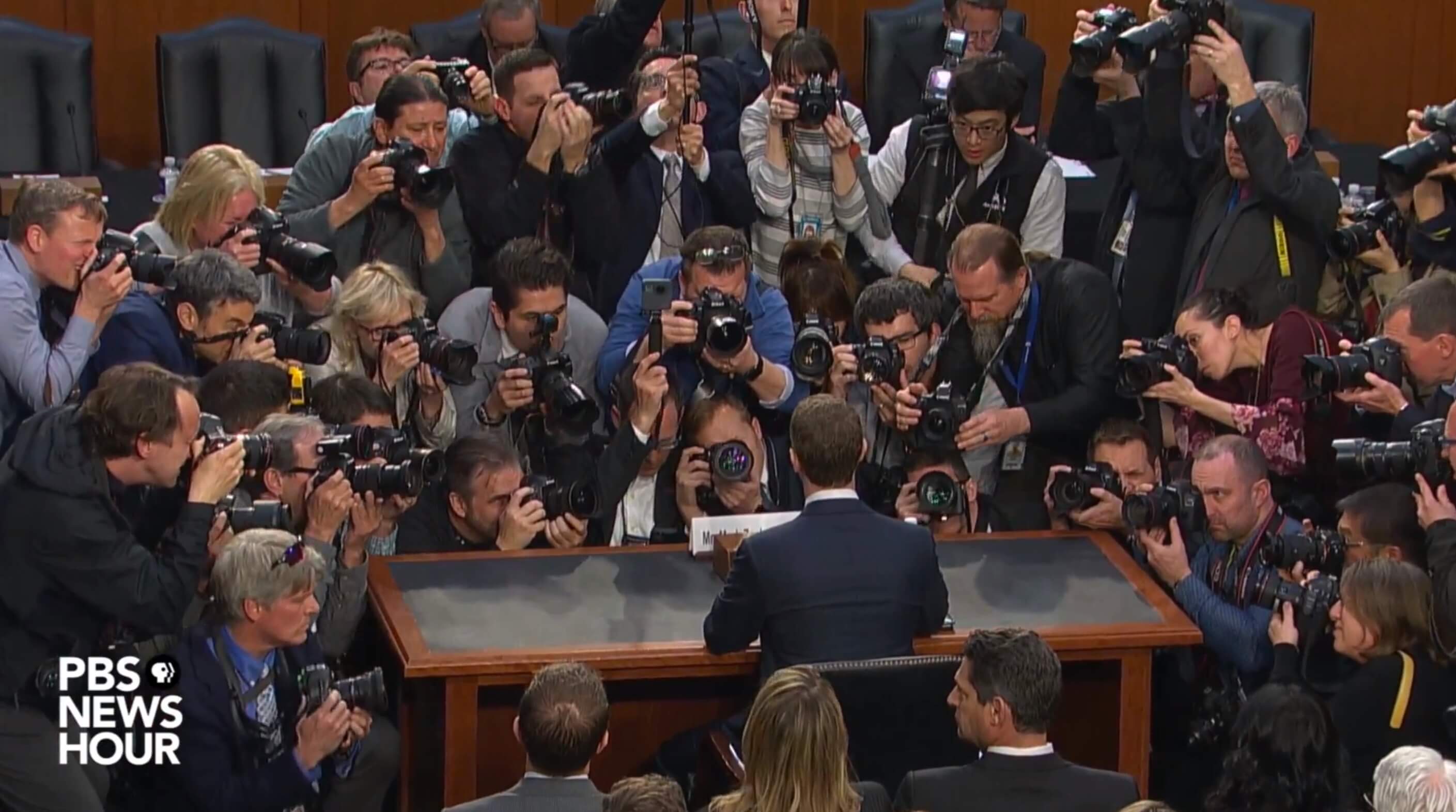Update (4/11): On day two of Facebook CEO's scheduled Congress hearing, he's expected testifying in front of the Committee on Energy and Commerce. Watch below.
Update (4/10): Mark Zuckerberg is testifying on Facebook users' data before a joint meeting of the Senate Commerce and Judiciary committees. This is the first time Facebook's founder testifies before Congress, somewhat reminding us of the late 1990s when then technology industry's poster child, Bill Gates was put in the hot seat, trying to defend Microsoft's business practices. Watch below.
Last Wednesday, we reported Facebook CEO Mark Zuckerberg would be testifying in front of Congress regarding the recent Cambridge Analytica debacle. Though the official hearing won't be taking place until Wednesday, Congress has released Zuckerberg's prepared statements to the public a couple days early.
In his written testimony, Zuckerberg covers quite a bit of ground. The CEO explains how the Cambridge Analytica scandal came to be and what the platform will be doing to combat similar issues in the future. "We have a responsibility to make sure what happened with Kogan and Cambridge Analytica doesn't happen again," The CEO said.
Zuckerberg went on to cite some examples of the steps Facebook is taking to ensure that happens, saying the company will be "removing developers' access to your data" if you haven't used their app in three months as well as reducing the amount of information those apps can gather about you.
...Facebook app developers will only be able to gather information like your name, profile photo and email address.
Soon, Facebook app developers will only be able to gather information like your name, profile photo and email address. "That's a lot less than apps can get on any other major app platform," Zuckerberg's statement reads.
Zuckerberg also discussed Russian interference in the 2016 US presidential elections, saying Facebook plans to "[build] new technology to prevent abuse" and "[significantly increase their] investment in security."
The social media platform is also improving some of their automated platform security systems, making it easier for their algorithms to track down "fake news spammers" and disable their accounts.
Facebook's plans certainly seem solid enough on paper but only time will tell if the company can make them a reality. You can read Zuckerberg's full testimony over on CNBC.
